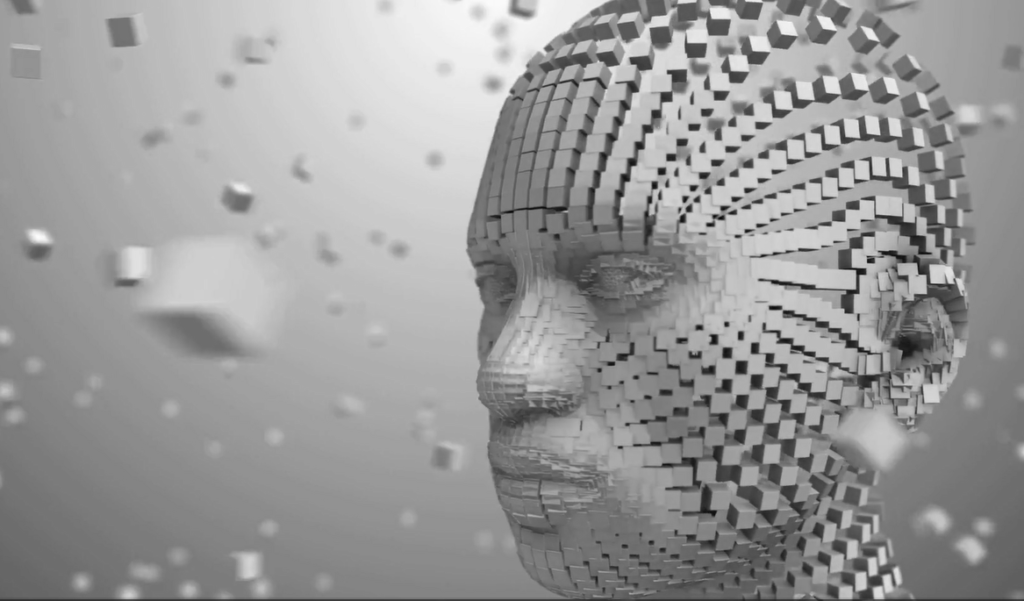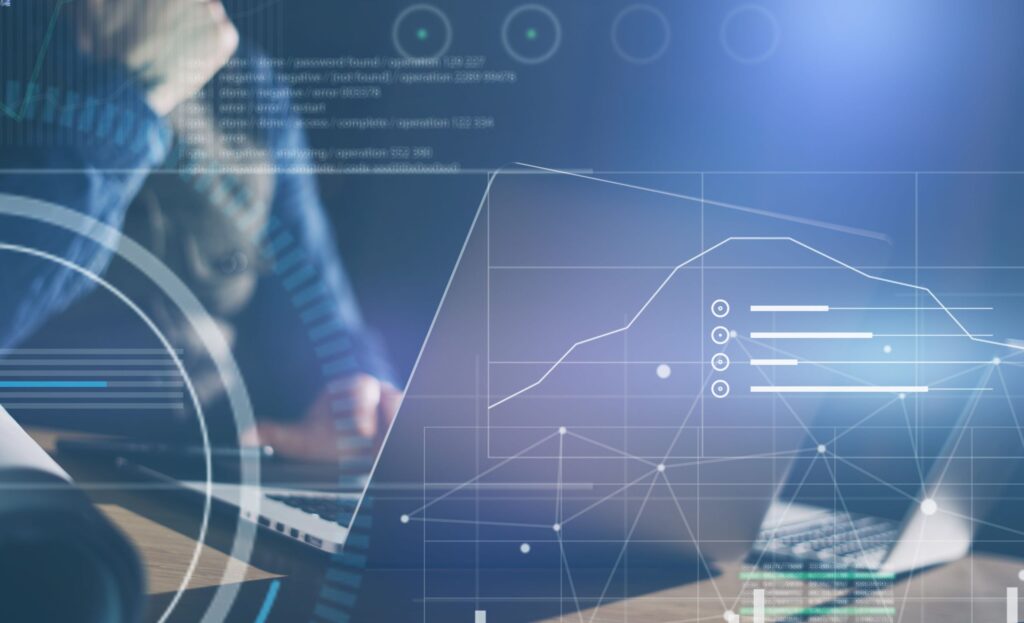Decentralized AI, a fusion of AI and blockchain, brings together two groundbreaking technological advancements of our time. Artificial Intelligence (AI) enables machines and computers to replicate human thinking and decision-making processes, while blockchain is a secure, distributed ledger that stores data in a decentralized and immutable manner.
Scientists are exploring the integration of these technologies across various sectors, giving rise to the concept of “Decentralized AI.” This article provides a concise overview of how blockchain can be harmoniously integrated with AI to create innovative solutions.
Decentralized AI models operate on the principle of consensus among network nodes, allowing for distributed decision-making and training processes. By leveraging the computing resources of different machines, miners can collaboratively train AI models and receive rewards in the form of coins. This decentralized approach ensures continuous training and retraining of AI models, enhancing their accuracy and efficiency.
One of the key advantages of decentralized AI models is decentralized decision-making, which promotes transparency and inclusivity. By tokenizing project governance on the blockchain, stakeholders can propose, vote, and implement changes collectively. This distributed decision-making process fosters collaboration and ensures that all stakeholders have a say in the system’s development.
Furthermore, decentralized AI models offer benefits such as increased efficiency, reduced bias, improved security, accountability, and transparency. By harnessing the power of AI and blockchain, these models empower users and developers to contribute to AI processes, leading to more reliable and fair outcomes.
The integration of AI and blockchain involves implementing consensus algorithms, smart contracts, machine learning, and middleware. These components work together to create a robust AI-blockchain ecosystem that enables secure data sharing, real-time data analysis, and automated decision-making processes.
In practical applications, decentralized AI has shown promising results in various industries such as banking and finance, healthcare, and energy systems. By combining the strengths of AI and blockchain technologies, organizations can streamline processes, enhance security, and unlock new opportunities for innovation.
Looking ahead, the future of decentralized AI models holds immense potential for transforming AI research and development. As advancements in blockchain and AI technology continue to evolve, decentralized AI training is poised to become a standard practice, driving further innovation and progress in the field.
For more information on decentralized AI and its applications, feel free to explore the resources and references provided in this article.



